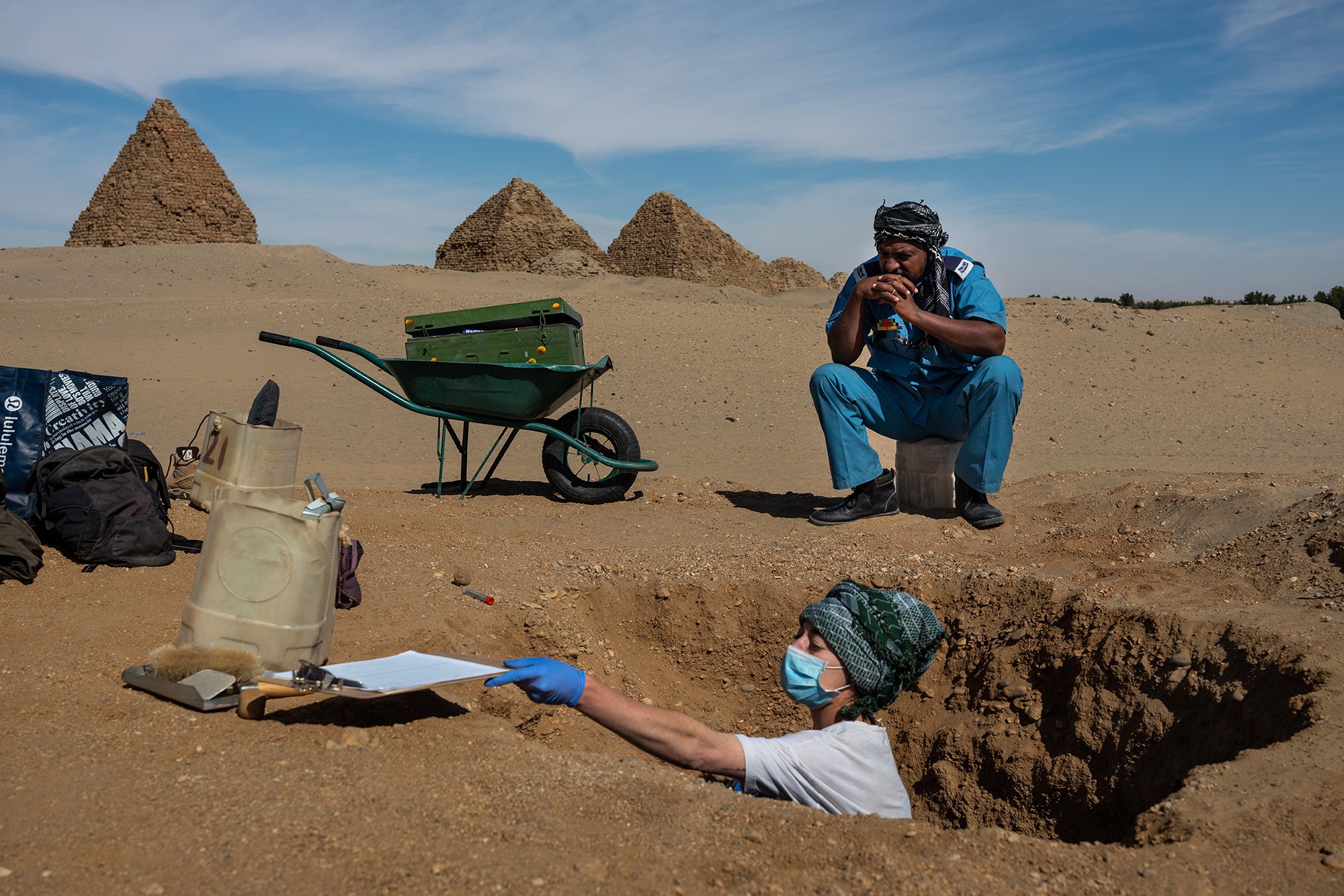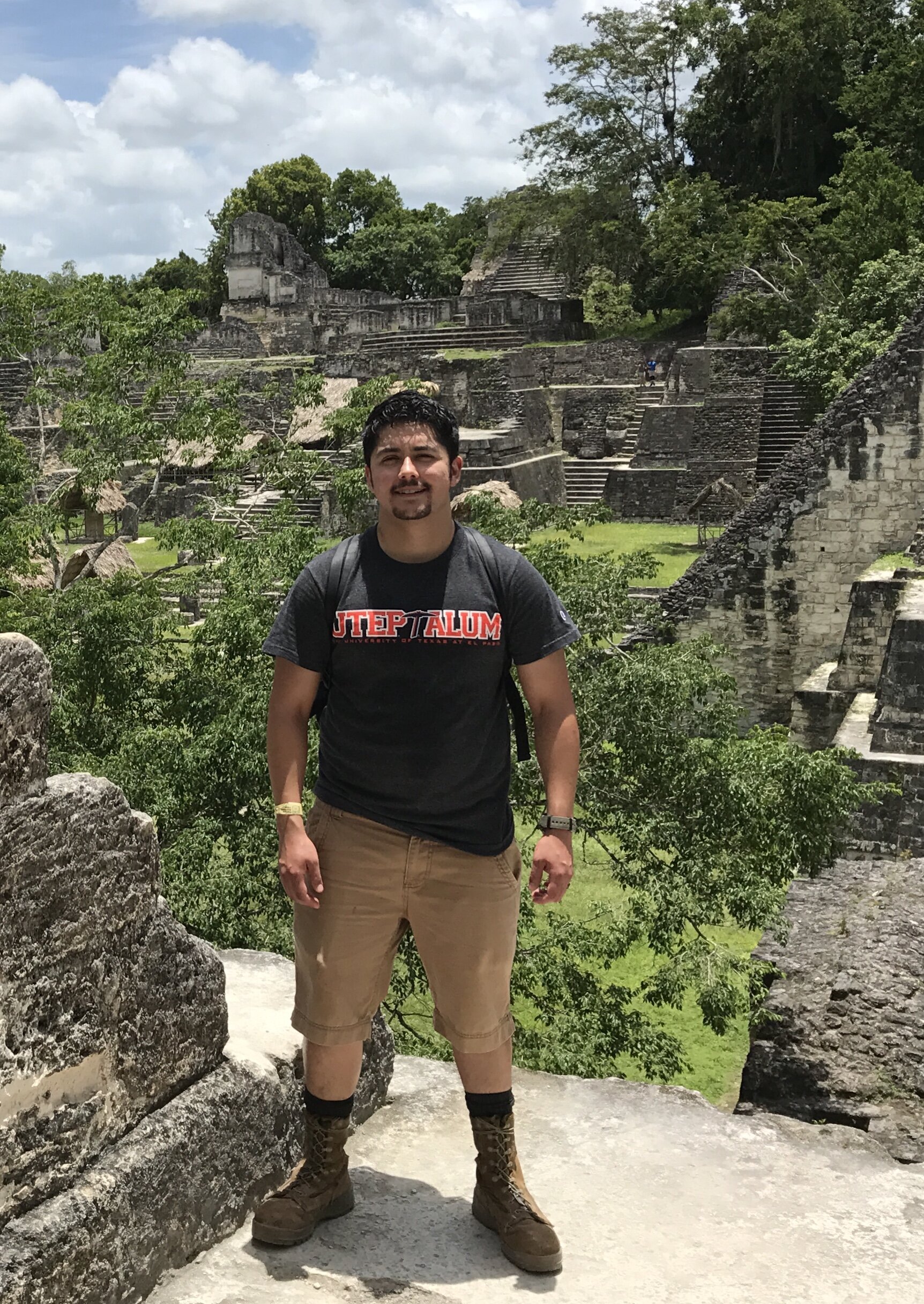
Mesoamerican Archaeology and Isotopic Sciences Lab
Research in the MAIS Lab focuses on exploring human-environment interactions in Mesoamerica and beyond through the perspectives of environmental archaeology and isotope ecology. We aim to understand how past societies adapted to changing environments and how their behaviors also influenced ecosystems throughout the Holocene.
What we do
Most of our projects have major isotopic component or include radiocarbon dating of plant, animal, and human tissues. Ongoing projects focus on the reconstruction of subsistence practices, migration patterns, paleoenvironments, and exploring human-animal relationships in Mesoamerica and other world regions.
PhD students are welcome to design studies related to the lab’s current projects, or to develop new programs of research with environmental archaeology and/or isotopic components. Currently there are opportunities in the lab for graduate students that are especially interested in questions about diet and ecological change and commensal relationships between people and other animals in Mesoamerica.
Prospective graduate students may apply through the Department of Anthropology graduate program. We also welcome undergraduate students to develop projects and gain experience in archaeological isotope geochemistry and artifact analyses. Learn more about joining the lab here.
Facilities
The lab focuses on stable isotope preparation and analysis of archaeological and modern specimens including bone, teeth, shells, and plants to measure carbon (δ13C), nitrogen (δ15N), sulfur (δ34S), oxygen (δ18O), and strontium (87Sr/86Sr) isotopes. We also specialize in sample preparation of carbonized plants, bone, and other organics for radiocarbon dating.
Lab facilities include both dry- and wet-lab areas for sample storage and preparation with standard laboratory equipment including a fume hood, Millipore NanoPure water system, Barnstead programmable muffle furnace, drying oven, freezer, and balances. Key equipment for isotope and radiocarbon sample prep includes a Sourvall ST8 centrifuge and Labconco lyophilizer. Other key infrastructure in the Pitt Anthropology department related to our research includes comparative zooarchaeological collections and Niton portable x-ray fluorescence instrument.
Dr. Claire Ebert , Assistant Professor of Anthropology
Director, Mesoamerican Archaeology and Isotopic Sciences (MAIS) Lab
Claire Ebert is an environmental archaeologist focused on early farming communities in Mesoamerica. Her research examines how agriculture influenced resilience to changing ecological, climatic, and social conditions during the Archaic and Formative periods in the Maya region, as well as the factors that supported the establishment and growth of early Maya cities. You can read more about her ongoing research projects here.
Current Graduate Students
-

Olivia Ellis, PhD Student
Olivia is an archaeology PhD student at Pitt, conducting research with the Belize Valley Archaeological Reconnaissance (BVAR) Project. She is interested in studying political structure, community, and the role of foodways and ecology on identity and social dynamics in Classic Maya society.
-

Emma Messinger, PhD Student
Emma is working with the Belize Valley Archaeological Reconnaissance (BVAR) Project to study Maya human-plant interactions during key environmental shifts. She uses paleoethnobotany and stable isotopes to learn about the role of plants in dietary and ritual changes during the Maya collapse and into the Colonial period.
-

Casandra Paiz, PhD Student
Casandra’s primary interests revolve around human-environmental interactions on a macro scale. Her focus is on past and present indigenous responses to climate change in Central America from the Preclassic to modern times. She uses a combination of archaeological and cultural methods to explore community landscape management techniques.
-

Nick Suarez, PhD Student
Nick is a graduate student interested in the archaeology of human-environmental interactions and how they influence - and have been influenced by - human conflict. With data science skills gained from a background in physics, he enjoys analysis and fieldwork in equal measures. When not doing research, he can be found hiking, rock climbing, and engaging in environmental justice advocacy.
-
Ian Roa, PhD Student
Ian's dissertation research is focused on human-animal relationships in ritual ceremonies. He is interested in learning about the life histories of ritually important animals through stable isotope analysis, including documenting their geographic origin and diet. His research is based across four ancient Maya sites in western Belize, seeking to understand if the ceremonial use of specific species correlates with ecological changes and social pressures over time.
-

Gretchen Zoeller, PhD Student
Gretchen collaborates with the Archaeological Expedition at Nuri and the National Corporation for Antiquities and Museums (Sudan) to investigate identity and the biocultural impacts of sociopolitical change in the Nile River Valley. Her research employs bioarchaeological methods and isotopic analysis to explore variations in diet, migration, and health, revealing insights into life trajectories and social relations in the ancient past.
Associated and Former Lab Members
Dr. Weronika Tomczyk (PhD , Stanford University, 2024)
Dr. Deborah Neidich (PhD, Pitt, 2021)



